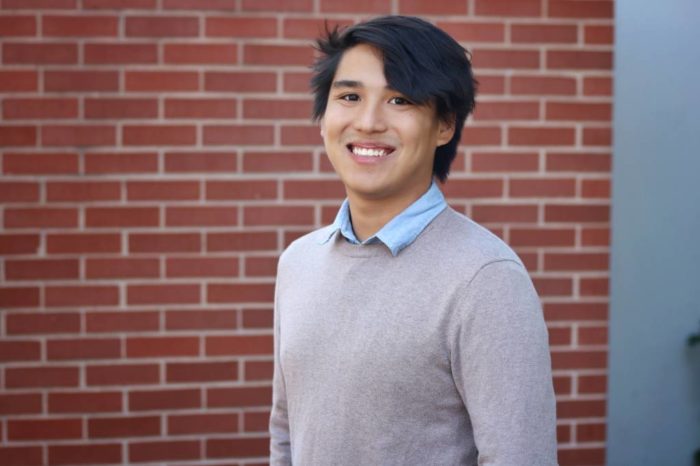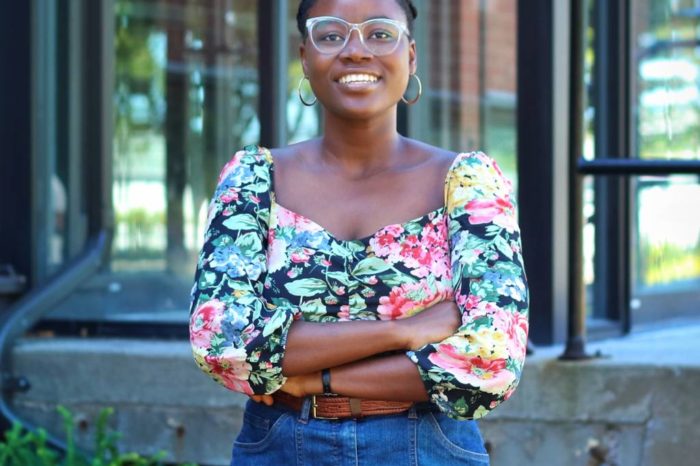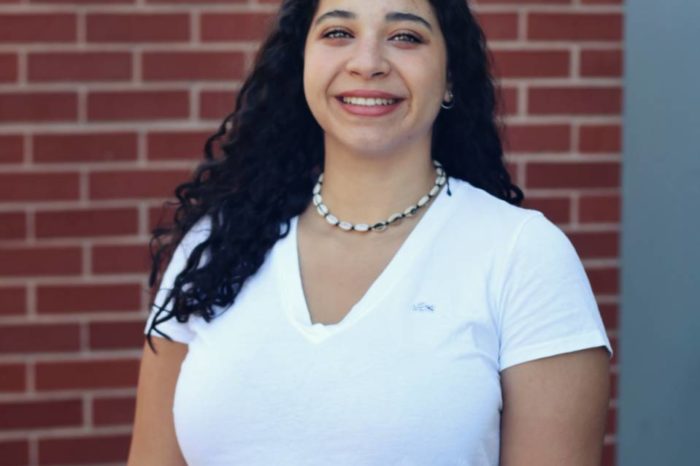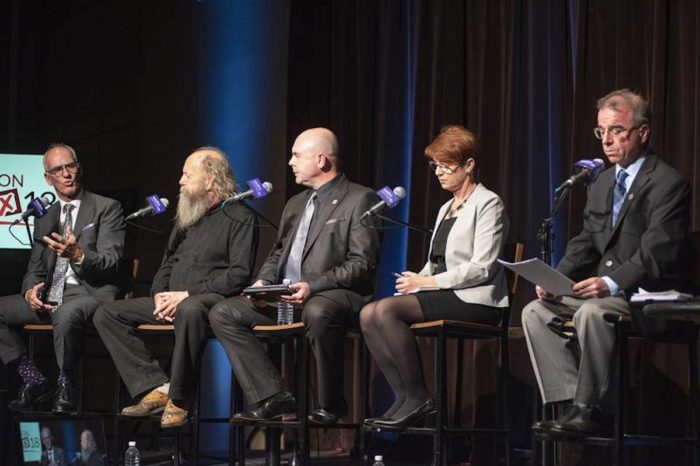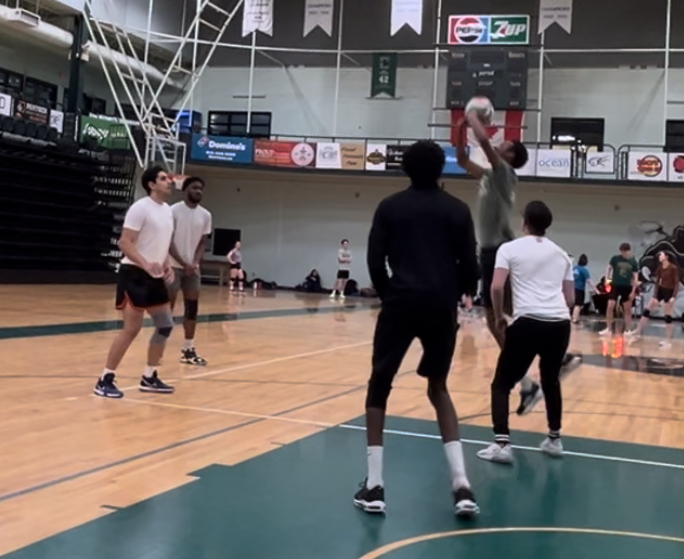Are we really protected at UPEI? New sexual violence policy ignores several recommendations made by students
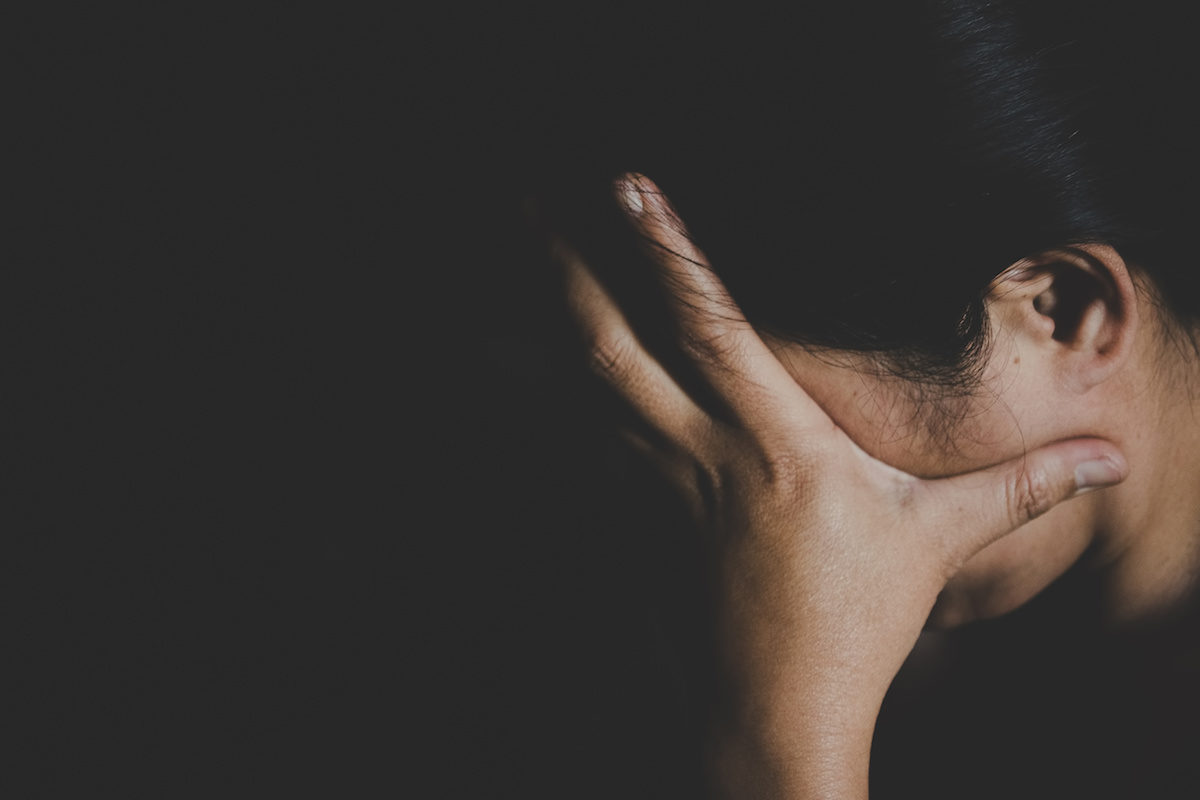
By: Allison O’Brien
After nearly two years of consultations and drafting, the University of Prince Edward Island finally released it’s sexual violence policy on October 12. The policy, which was supposed to be completed at the end of the 2017/2018 school year, is receiving criticism for not including several recommendations that were made by UPEI students.
Further criticism has been given because the policy was voted on during an in-camera session at UPEI’s Board of Governors meeting on October 4, meaning non-board members couldn’t attend that portion of the meeting and hear what was discussed.
Following the Oct. 4 Board of Governors meeting, UPEI hid the status of the policy for more than a week, claiming that it was tidying up grammar and spelling errors. This left many students wondering whether or not the policy had passed.
Emma Drake is Vice-President Academic and External of the UPEISU. “The UPEISU would like to note that it took over a week for the results of the vote to be made public. The motion to approve the policy was moved in camera, which the UPEISU feels demonstrates a lack of transparency on the part of the university,” she said in a press release.
In the age of #MeToo and with statistics that say 1 in every 5 women will experience sexual assault while studying at a post-secondary institution, the most important step a university can take to support survivors is to have a strong policy in place that prevents causing further administrational harm to survivors.
UPEI’s sexual violence policy is missing several key factors that would help keep that harm at a minimum, which raises the question: Was UPEI truly considering the best interests of it’s students, staff, and faculty when it released this policy? Or were they simply trying to protect themselves?
“The UPEISU believes that better is always possible”
The policy includes a list of supports and services that are made available to students who experience sexual violence, details of the complaint process, and education initiatives that aim to end attitudes and behaviours that perpetuate sexual violence.
In a statement, Drake said the policy was “a good first step towards addressing the systemic issue of sexual violence within the university community,” but notes that some elements could have been added to make it better.
Among them are items such as anonymous and third party complaint options, the presence of a third party or independent member of the appeal committee, required sexual violence sensitivity training for all of those involved in the complaint process, and removing a loophole where a complaint can be suspended if the respondent ends their relationship with the school by dropping out or transferring.
The SU recommended those be added to the final draft of the policy this summer, but they weren’t included.
The recommendations were based on feedback from students, staff, and faculty given through consultations in October 2017.
Jackie Podger, Vice President Finance and Administration, UPEI. (UPEI Gallery)
“You don’t want the procedure to go on any longer than it needs to go, for any party”
The Cadre sat down with Jackie Podger, UPEI Vice-Present Finance and Administration to talk about the policy.
TC: Tell me about the decision to pass the policy in-camera at the Board of Governors meeting.
JP:Â “Anything that hits the HR committee then goes in-camera at the board. That’s just normal process, for those types of things to be in-camera.”
TC:Â Tell me about the decision to not include an anonymous or third party complaint option.
JP: “When there are complaints, whether it be through the Fair Treatment Policy or the Sexual Violence policy, we have to have someone be identified, or we can’t take it as truth. If someone just comes in with an anonymous complaint, we can’t follow up. We can’t make sure that what someone is alledging is fact, and that it truly happened.”
TC: Tell me about the decision to keep a loophole in the policy where a complaint can be suspended if the respondent ends their relationship with the school by dropping out or transferring.
JP:Â “The thought around that was we did not want to put the complainant through any more type of stress than need be. If this person is no longer here, then that may obviously help in terms of moving forward. So at this point what we thought was probably the most sensitive for the complaintant was to stop that particular investigation.”
TC: Tell me why complainants can only make an appeal within a 14-day period.
JP: “Appeals are very distinct in terms of what you can appeal on. So it shouldn’t be that onerous if you’re going to appeal on either the process or you have added information, then that shouldn’t take all that long. And plus, you don’t want the procedure to go on any longer than it needs to go, for any party.
Policy still refers back to Fair Treatment Policy
One of the motivations behind producing the new policy was to have one stand-alone sexual violence policy where those looking for guidance could go to find out everything they need to know. “It’s an ease of access thing,” said former VPAX of the UPEISU Taya Nabuurs in an interview with CBC in 2017.
However, the new policy refers back to the Fair Treatment Policy in several areas when dealing with staff and faculty.
“There’s really two avenues of complaint mechanisms. In the current policy, what we’ve done is we’ve created the mechanism for students to go through the Sexual Violence Prevention and Response Office and they can opt to make a complaint, make a disclosure, they can opt not to do anything, they can go right to the police. If it’s dealing with faculty or staff, then they go through the Fair Treatment Policy. So they would make a complaint through the Fair Treatment Policy and then that would be determined if it in fact was bonafide, and then we would have an investigation through that mechanism,” said Podger.
“Patchy policy can be detrimental to survivors”
The Cadre reached out to Chelsea Perry, chair of Our Turn UPEI, a chapter of a national group advocating for survivors of sexual assault.
“On one hand, I’m glad to see the university committed to policy change. I want to be optimistic and say that any policy is good policy, however, we know by precedent at other schools and in the judicial system, that this isn’t always the case. Patchy policy can be more detrimental to survivors than none at all. While I am happy to see several recommended improvements implemented this time around, there are multiple key points absent that OurTurn recognizes as being necessary in taking a survivor-centric approach to sexual violence response. Yes, this is a good first step, but we should always be striving for better.”
Policy won’t be amended for at least a year
The Cadre asked Podger if the Board of Governors plans to amend the policy in the future to accommodate the recommendations brought forward by students.
“What we will do is give it a year to be in place, and then see whether or not we need to make any amendments. We’ve gotta run through the whole academic cycle to see what tweaks we need to make.”
“I think this is a really substantive, comprehensive policy. We investigated many other Canadian universities to see where they had gone with this type of policy, and tried to use best practices in various other universities, and I think what we’ve done is come up with through the use of consultation and other folks, being on campus and off campus, I think we’ve come up with a very comprehensive all encompassing type of policy that our university community can take pride in,” concluded Podger.
It remains unclear how the university community can take pride in a policy that did not include recommendations made by the students, staff and faculty.

